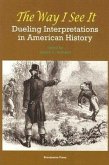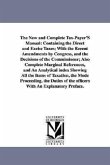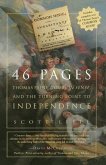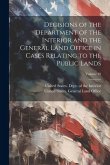Turning Points: Making Decisions in American History uses documents to reintroduce students to the contingency, the adventure of the American past. The decisions examined here all had complex historical roots, multiple causes that could have led to quite differing outcomes. They were not simply made in one intense moment by some single important individual. Even when an identifiable leader acted with the authority of Woodrow Wilson in taking the country into war or Harry S. Truman in ordering the use of nuclear weapons, the action was in response to the previous decisions of many, sometimes countless people. And in other instances-when women went to work in factories during World War II, for example, or families moved to the suburbs afterward-major changes in American life resulted from the private decisions of millions of Americans. In Turning Points students will encounter what happened in the past in the light of what might have happened. They will see points where will and judgment produced one result rather than another.






![Ella; or, Turning Over A New Leaf. by Walter Aimwell [Pseud.] Ella; or, Turning Over A New Leaf. by Walter Aimwell [Pseud.]](https://bilder.buecher.de/produkte/22/22719/22719627m.jpg)

